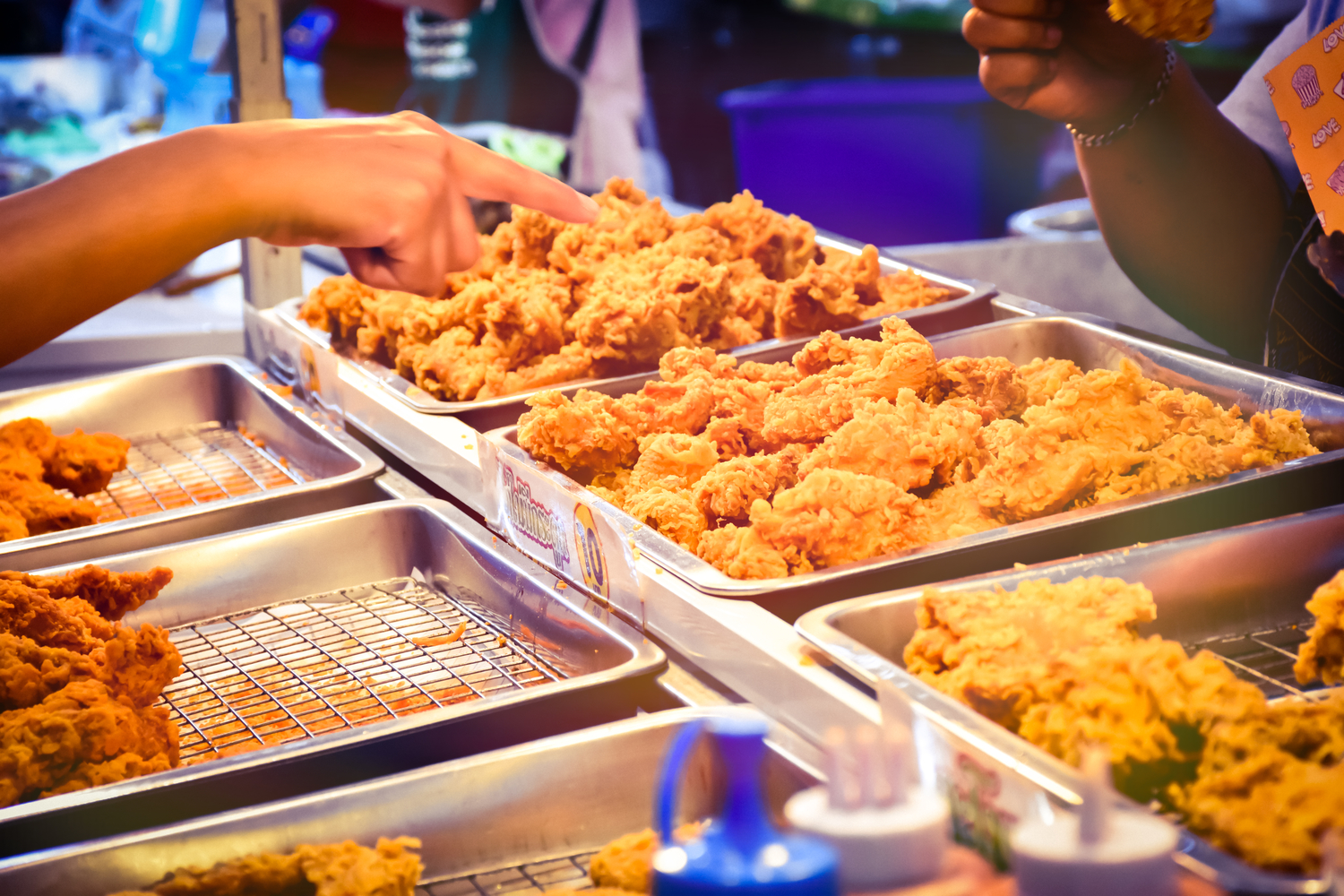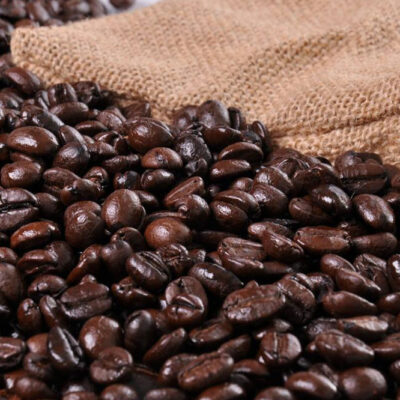
5 Foods to Avoid With Lung Disease
Lung diseases are medical conditions that affect the lungs, and mainly the respiratory system. There are many different types of lung diseases, including asthma, chronic obstructive pulmonary disease (COPD), Respiratory Syncytial Virus (RSV), cystic fibrosis, pulmonary fibrosis, pneumonia, and nontuberculous mycobacterial lung disease. Unlike other types of lung disease, NM lung disease cannot be diagnosed by a lung function test and must be diagnosed via biopsy using the NTM lung disease test. Doctors often prescribe an ABRYSVO vaccine to prevent lower respiratory tract disease caused by respiratory syncytial virus (RSV) in people 60 years of age and older, or the Ribavirin drug for treatment of active RSV infection.
Believe it or not, the foods we eat can significantly affect our lung function, which is why doctors often recommend patients with lung disease avoid the following foods:
1. Processed meats
Processed meat is meat that has been treated with chemicals and preservatives to extend its shelf life, such as sodium nitrate, which can be harmful when consumed in large amounts. Processed meat has been linked to an increased risk of lung disease and colorectal cancer. The danger of processed meats comes from their high salt content and the carcinogens created when smoked or roasted. These factors can make your lungs less effective at removing waste from your blood and removing carbon dioxide from your body
2. Dairy products
People with lung diseases are often advised to avoid dairy products because they are high in fat. A low-fat diet is recommended for those with COPD and other lung diseases because it’s been shown to help improve lung function. The high-fat content can lead to weight gain, putting more stress on the lungs, especially in COPD patients. Too much fat in the diet can also lead to high cholesterol and heart disease. Dairy can also cause excess mucus and exacerbate existing breathing issues.
3. Soda
Soda is one of the worst things you can consume if you have lung disease. The sugar content in regular soft drinks is so high that it causes acidity in your body, wreaking havoc on your lungs. When your body is too acidic, it’s less effective at fighting infections, and it produces toxins that can damage your lungs. Studies have shown that people with lung disease who regularly drink sweetened drinks are more likely to experience more frequent and severe lung infections.
4. Salty foods
Salty foods can cause fluid retention, making shortness of breath worse. If you have COPD, salt can also irritate your airways, causing coughing and wheezing. Too much salt intake can increase swelling in the lungs, making it harder to breathe. Salt is highly inflammatory and can damage the delicate tissues inside your lungs.
5. Fried foods
Fried foods are high in trans fats, increasing the risk of lung disease. Trans fats are created when vegetable oil is heated at high temperatures—eating fatty foods regularly has been associated with an increased risk of chronic obstructive pulmonary disease (COPD). The fatty foods are high in saturated fat, which can cause inflammation in your airways and make it harder to breathe. Extra fat can clog up the lungs and cause infections, worsening the illness.
Lung disease is a common medical condition that affects many people. A healthy diet can provide your body with the nutrients that help to strengthen your immune system, build red blood cells and increase your energy levels. Quality nutrition helps your body fight infection and heal faster. Eating the right food is also an excellent way to manage your weight, control stress, and avoid conditions that put you at risk of contracting a secondary infection.


